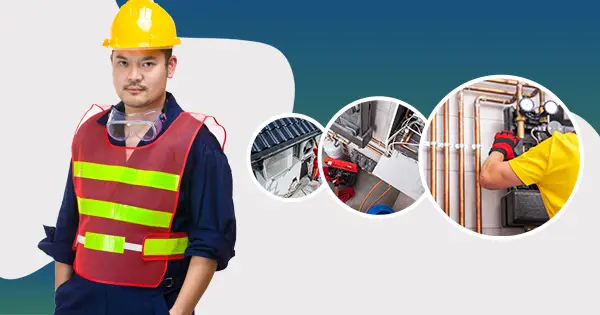Efficient building systems maintenance is the foundation of a safe and functional property. From electrical and plumbing systems to HVAC and safety checks, a well-maintained building ensures smooth operations while minimizing costly repairs.
The Importance of Preventive Maintenance
Preventive maintenance helps identify small issues before they turn into expensive problems. Regular inspections and timely repairs keep building systems reliable and extend their lifespan.
Professional Building Maintenance Support
Partnering with experts in building maintenance ensures that every aspect of your property is professionally managed. This approach provides peace of mind while enhancing efficiency and safety across all building systems.
Additional Support Services
To complement regular upkeep, reliable handyman services can handle minor repairs, adjustments, and on-demand maintenance tasks, ensuring that small problems never disrupt daily operations.
Conclusion
Keeping a property running smoothly requires a combination of preventive maintenance and professional support. With the right services in place, you can safeguard your investment and maintain a safe, functional, and efficient environment.


